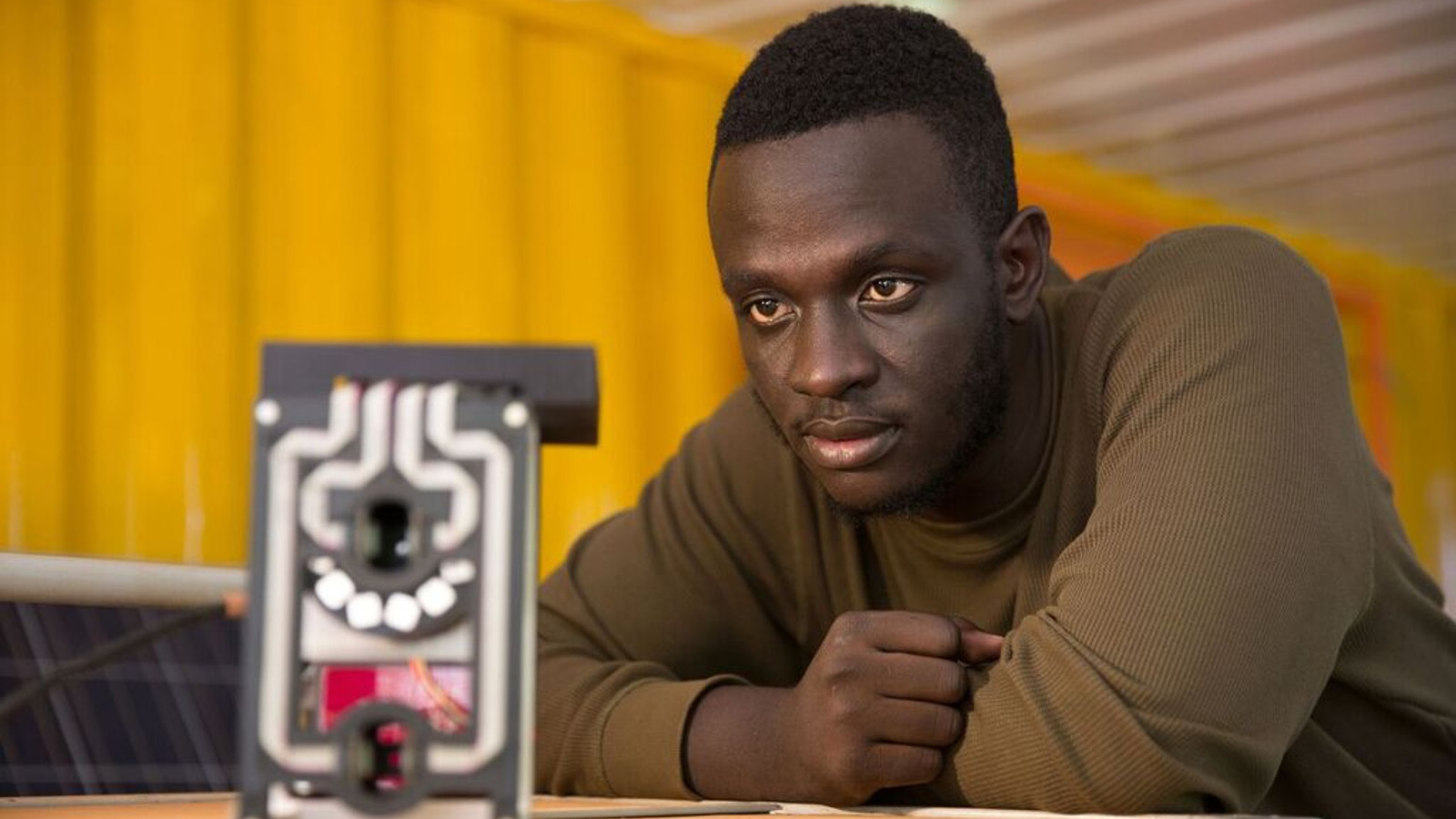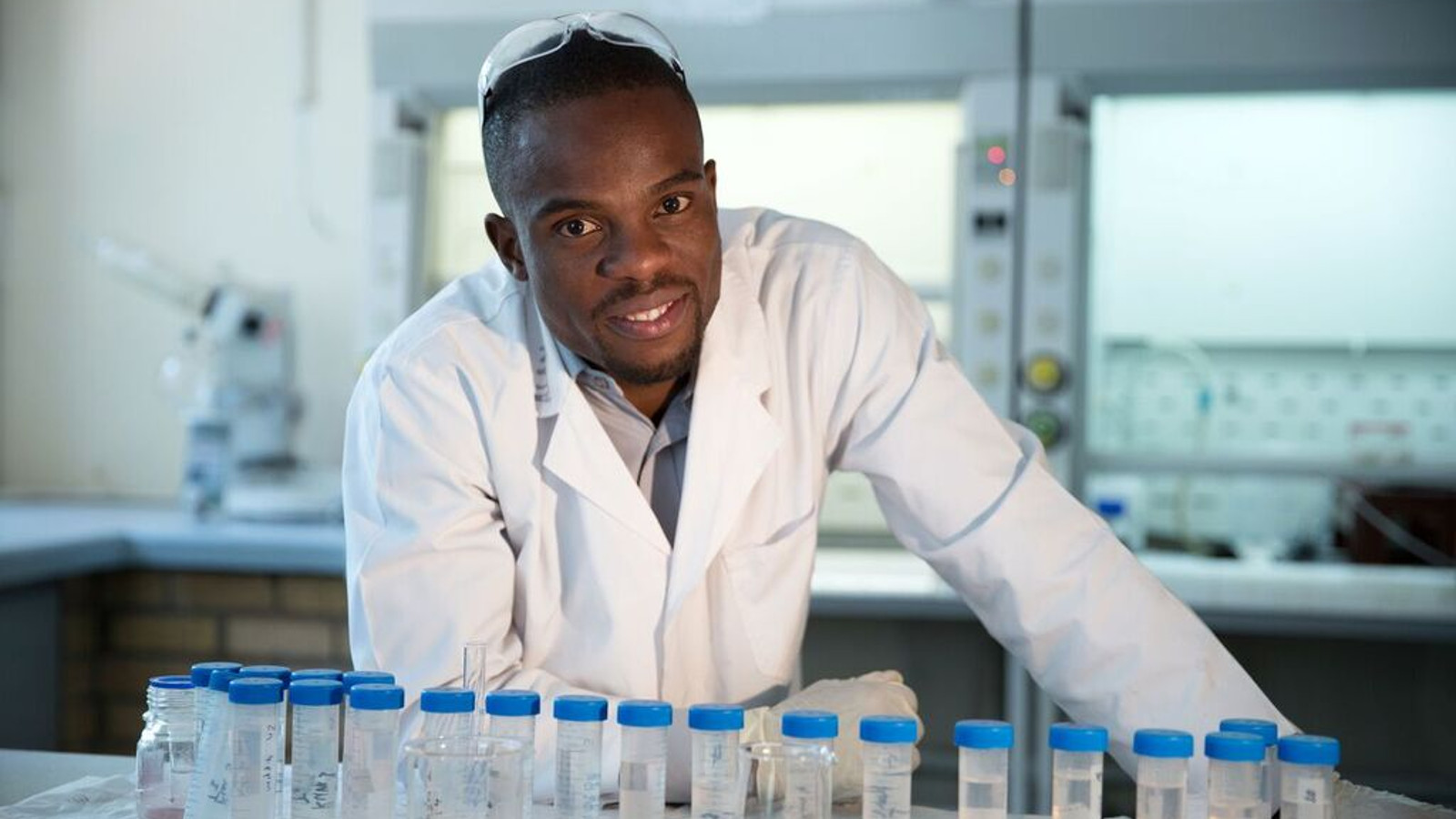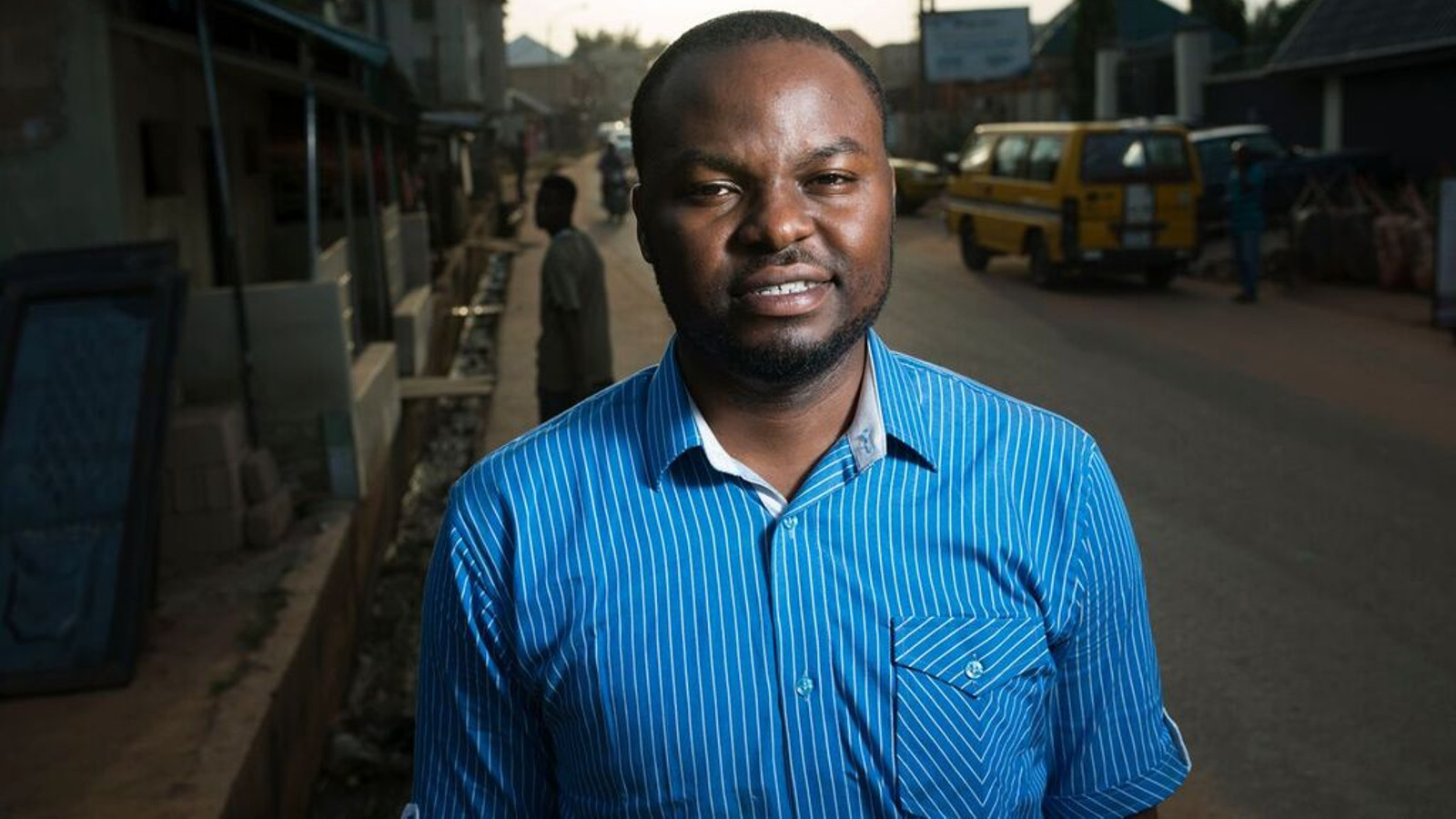AI is disrupting education. But despite what the headlines (and some ChatGPT horror stories) might suggest, South African teachers aren’t being replaced — they’re…
Here are the four finalists of £25 000 Africa Prize for Engineering Innovation
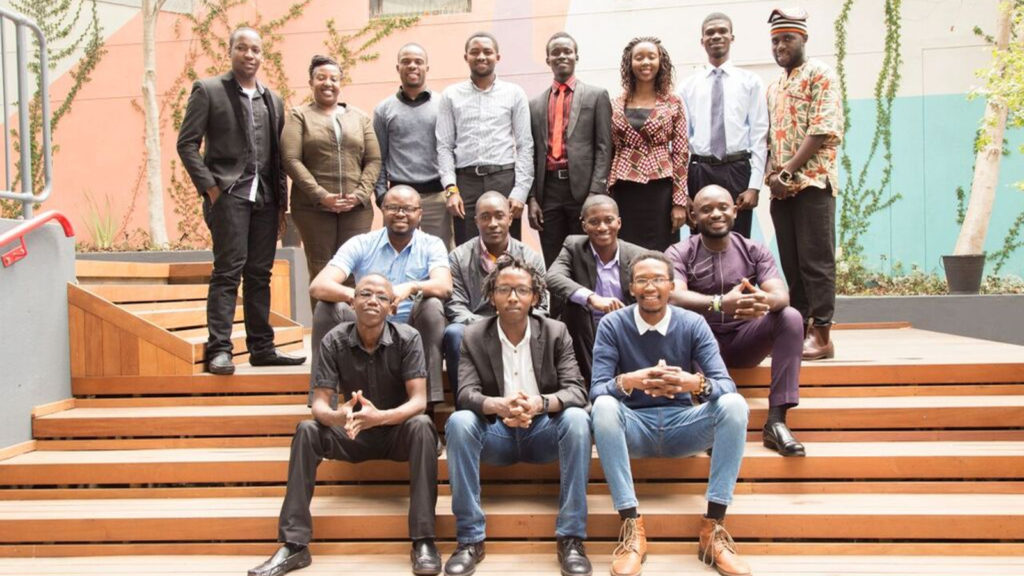
A device that conducts fast malaria tests, a process that affordably recovers precious metals from autocatalytic converters, a tamper-proof electricity meter and a textbook-sized mini science lab.
The four innovators behind these four innovations were yesterday selected by the London-based Royal Academy of Engineering as finalists of this year’s Africa Prize for Engineering Innovation.
The four will pitch their innovations to a panel of judges on 13 June in Nairobi where the winner will receive £25 000, with £10 000 awarded to each of the runners up.
The prize, which was first launched in 2014, aims to develop the entrepreneurial skills of engineers on the continent.
In a statement yesterday (29 May), one of the four judges of the prize — Rebecca Enonchong — said the finalists “have found novel ways to address critical challenges in their home countries — in fact, problems that are faced all over the world”.
“We’re proud to be part of the development of world-class African technologies, and to support emerging African entrepreneurs,” added Enonchong.
This year’s finalists were shortlisted from a pool of 16 candidates from seven countries across sub-Saharan Africa. This year’s edition marks the first time that engineers from Zimbabwe and Ghana have made it to the finals.
“All 16 candidates have received tailored business mentorship, developing skills that last a lifetime. Engineers are among the best problem solvers in the world — and it’s imperative that we support those who embark on business ventures that advance technology in all fields,” said Enonchong.
The 2018 finalists are tackling various challenges in areas such as Science, Technology, Engineering and Mathematics (Stem) education; household energy use; responsible resources use in the automotive industry; and medtech.
Here are the four finalists:
Brian Gitta (Uganda)
Brian Gitta has developed Matibabu, a device that enables users to quickly conduct a malaria test without having to draw blood. The low-cost device, which clips onto a user’s finger, is capable of providing results within one minute, and does not require special expertise to operate it.
Matibabu uses a laser to detect changes in the shape, colour, and concentration of red blood cells, all of which are affected by malaria.
What makes the device so innovative is the fact that all available tests for malaria currently require blood samples, which are invasive, expensive, and time-consuming.
The device is currently undergoing testing at a national hospital in Uganda. Gitta and his team started development of the device after classmates missed lectures over malaria.
“Malaria tests involve too much pain. We engineered Matibabu, a simple, quick test to bridge the gap between communities and access to healthcare,” Gitta said in a statement.
“Since being recognised by the Africa Prize, we’ve started large scale testing at a local hospital, found specialised magnet and laser component suppliers to scale up, been approached by international universities offering academic support, and we’re working on an academic paper in which to publish our research within the next few months,” he added.
Collins Tatenda Saguru (Zimbabwe)
Chemical engineer Collins Saguru has developed AltMet, a process that affordably recovers the precious metals — platinum, palladium, and rhodium — found in the autocatalytic converters of petrol and diesel vehicles.
Although other recycling methods do exist, the processes require high temperature, and consequently use a lot of energy.
The AltMet process involves dismantling autocatalytic converters, crushing, and then leeching them before extracting the precious metals, as well as aluminium and cerium, in a form that can be sold. In addition, the innovative method uses chemical reagents which are cheap, common, and environmentally friendly.
The winner of the 2018 Africa Prize for Engineering Innovation will walk away with £25 000, while runners up will each receive £10 000
“This recycling process addresses the demand for precious metals in a way that’s profitable and environmentally sustainable,” said Saguru, who lives in South Africa.
He said that over the last year, he has received support from Africa Prize mentors, and trainers that have helped him broaden the scope of the business, as well as identify new revenue streams.
“AltMet needs partners and funding to set up a comprehensive pilot project. We’re also investigating the potential to integrate electronic waste into our recycling process,” he added.
Ifediora Emmanuel Ugochukwu (Nigeria)
Electronics engineer Ifediora Ugochukwu has developed the Intelligent Meter (iMeter). The device — along with advanced metering infrastructure (AMI) software — prevents individuals from tampering with electricity meters and gives consumers transparency, ensuring they are billed only for the energy they use.
The innovation seeks to address electricity meter tampering in Nigeria. More than 30% of meters in the country are tampered with, or bypassed, as a result, power utilities resort to bill estimation.
The meter measures energy usage and connects to cellphones or computers equipped with AMI software so that consumers can manage their energy supply remotely. The system also notifies power utilities of tampering, which discourages vandalism, improves power supply and reduces deaths from electrocution.
Ugochukwu said being part of the Africa Prize has helped him start production of the device and build a relationship with two municipalities.
“We’ve also signed a partnership with a multinational payment solution provider which will help us to further develop and market iMeter across Africa,” said Ugochukwu.
Michael Asante-Afrifa (Ghana)
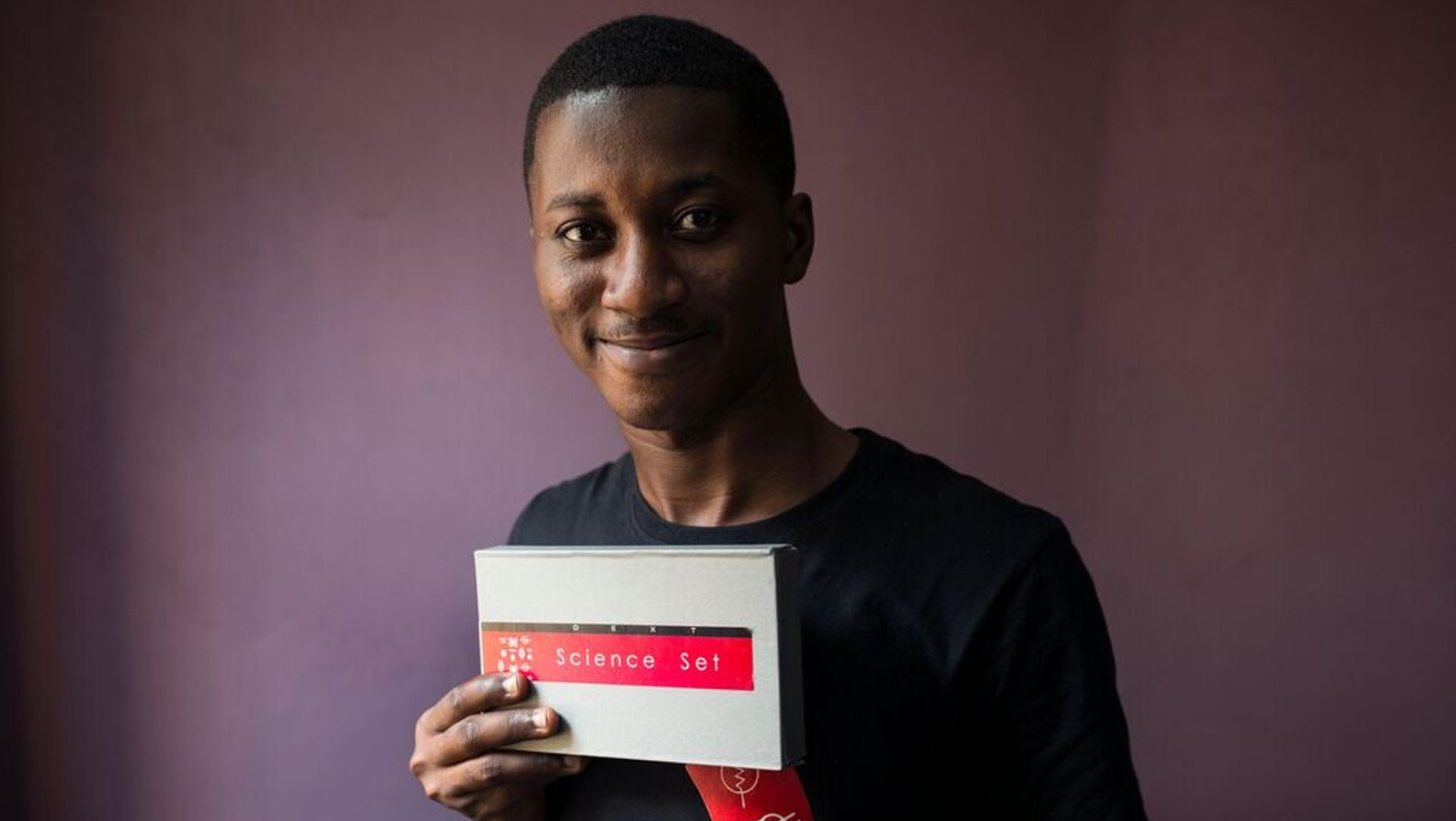 Michael Asante-Afrifa (Supplied)
Michael Asante-Afrifa (Supplied)
Mechanical engineer Michael Asante-Afrifa has developed Science Set, a textbook-sized mini science lab — that consists of 45 different parts, ranging from circuit boards and wires, to an electromagnet, and mini lightbox — which is designed to integrate seamlessly into classrooms.
The Science Set allows Ghanaian primary and junior high school pupils to perform 26 experiments that are part of their syllabus.
The mini science lab aims to address Ghana’s low ranking in science education, the country, along with South Africa, placed lowest out of 76 countries in a 2015 study by the Organisation for Economic Co-operation and Development (OECD).
Asante-Afrifa’s team can produce about 1000 units of the device a month and have already sold more than 4000 sets in Ghana, with an additional order in place for 2000 sets from telecoms company MTN.
Asante-Afrifa said the support he received through the Africa Prize has helped him improve his team’s production processes, upskill finance personnel, secure more customers, and attract partnerships with non-governmental organisations.
“The next step is to set up a strong board of directors, and to launch Science Set as a fully-fledged company later this year — about which we are very excited,” he said.
The remaining 12 candidates on the 2018 Africa Prize shortlist are:
• Alvin Kabwama (Uganda): Developed the UriSAF Maternal and Sexual Reproductive Health Care Kit, which tests urine quickly, accurately and affordably
• Arthur Woniala (Uganda): His Khainza Energy Gas, offers a cheap biogas made from manure and safe for household use
• Brian Mwiti Mwenda (Kenya): Developed The Sixth Sense, a handheld echolocation device with ultrasonic sensors that alert visually impaired users to objects nearby
• Daniel Taylor (Ghana): Come up with HWESOMAME, a low-cost smart sensor that accurately detects soil conditions and notifies farmers via text or phone call
• Emeka Nwachinemere (Nigeria): Developed Kitovu, an online platform that helps farmers in remote locations to increase crop yields and sell their produce
• Esther Gacicio (Kenya): Her eLearning Solutions is an interactive online programme that hosts courses for individuals or serves as a tool for training institutions
• Lawrence Okettayot (Uganda): Developed Sparky Dryer, a low-tech dehydrator that dries fruit and vegetables to extend their shelf life and reduce food wastage
• Monicah Mumbi Wambugu (Kenya): Developed Loanbee, a mobile phone application that calculates the user’s credit scores and grants micro-loans
• Nges Njungle (Cameroon): Njungle developed Muzikol, an online music marketing and social media app designed to meet all the career needs of musicians
• Nnaemeka Chidiebere Ikegwuono (Nigeria): Developed ColdHubs, solar-powered walk-in cold rooms that extend the life of perishable food tenfold
• Peter Kariuki (Rwanda): His SafeMotos app connects commuters to the safest motorcycle drivers in Kigali, Rwanda
• Shalton Mphodisa Mothwa (South Africa): Mothwa developed the AEON Power Bag, which allows users to charge their phones on the go by converting radio waves and solar energy into power.
Applications for the fifth edition of the prize are now open with entries closing on 23 July. Individuals and small teams in sub-Saharan Africa with innovative engineering innovations can find more information here.
Featured image: All 16 of the 2018 Africa Prize for Engineering Innovation finalists (the long list).
